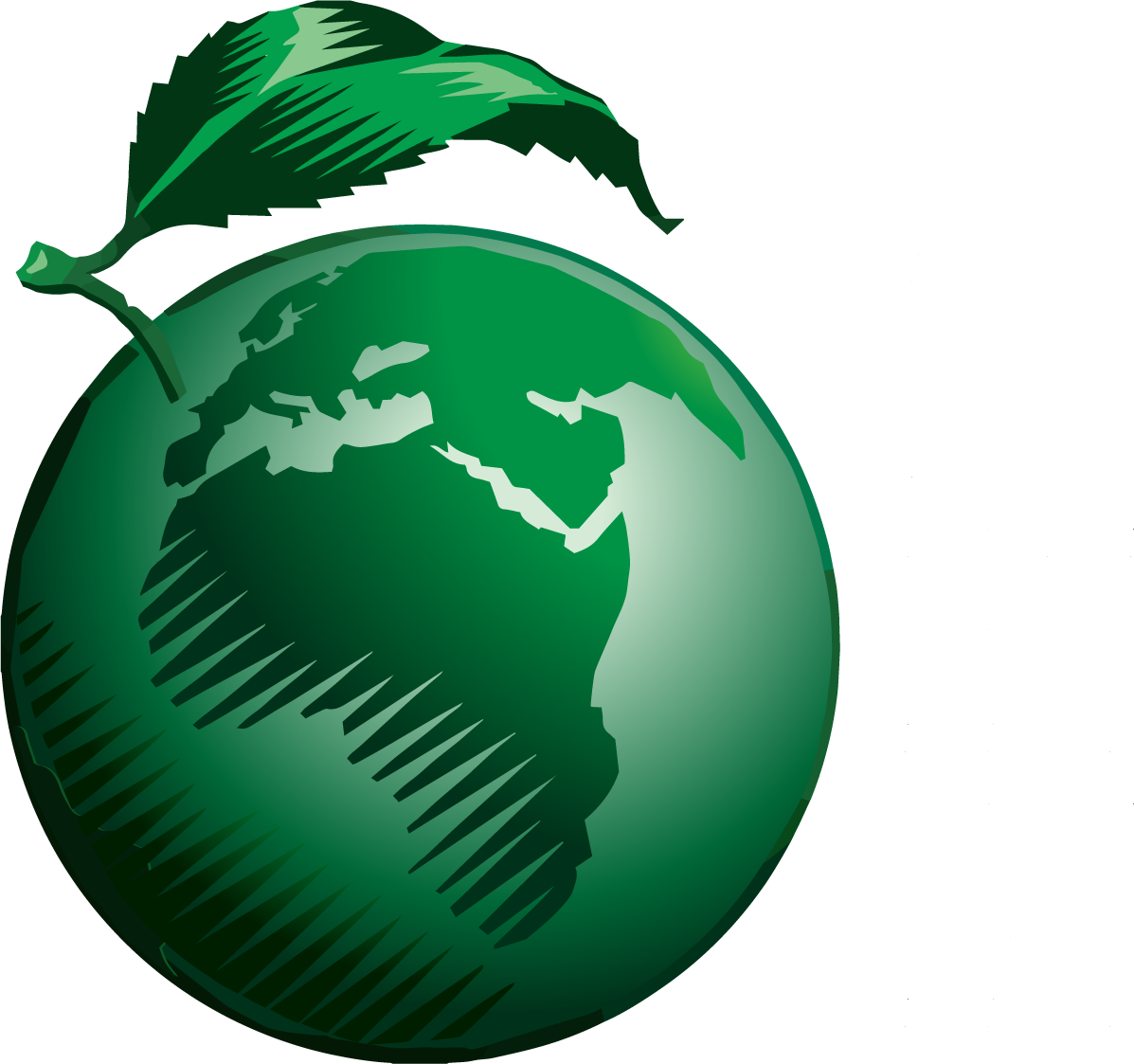Background
ENN undertook a small scoping review regarding stunting in protracted crisis in 2015 with Irish Aid funding.This looked at the implications of operating in situations of protracted crisis where levels of stunting may be high or more of a concern than wasting.
Building on this, in 2017 a discussion paper was released, authored by ENN Technical Directors, on stunting in humanitarian and protracted emergencies. The discussion paper described that currently, the level of attention afforded to stunting in humanitarian and protracted emergency contexts is below what is needed, given the very high burden and prevalence of stunting in these contexts. A good deal of the policy, research and programming focus is directed towards the treatment of wasting in order to prevent excess mortality among children under five years of age. Yet stunting (both moderate and severe) can be highly prevalent in protracted situations, e.g. Syria, Yemen, Niger, Mali, and a considerable proportion of the global burden of stunting is located in these and other fragile and conflict-affected states (FCAS). Moreover, severe stunting is associated with a higher risk of mortality than moderate wasting, although knowledge of the causes of this elevated risk is limited. Evidence also suggests that being both stunted as well as wasted concurrently confers an even higher risk of mortality. It is likely that the drivers or underlying causes of stunting, if left unchecked, will lead to increases in the burden of stunting in FCAS and other crisis-affected contexts.
The investigation aimed to build on ‘joined-up’ thinking, addressing some of the gaps in knowledge on stunting in humanitarian and protracted contexts, and asking whether a new objective is called for; namely that a reduction in stunting (or at least no increase) should be viewed as a legitimate humanitarian goal in the same way that prevention and treatment of wasting is being seen as a legitimate development goal.
Project summary
Although this investigation has raised more questions than can currently be answered, a number of ways forward are due to be discussed with individual experts and via an ENN webinar planned for February 7th 2018. This will be followed by an ENN-hosted roundtable discussion, also in 2018.


